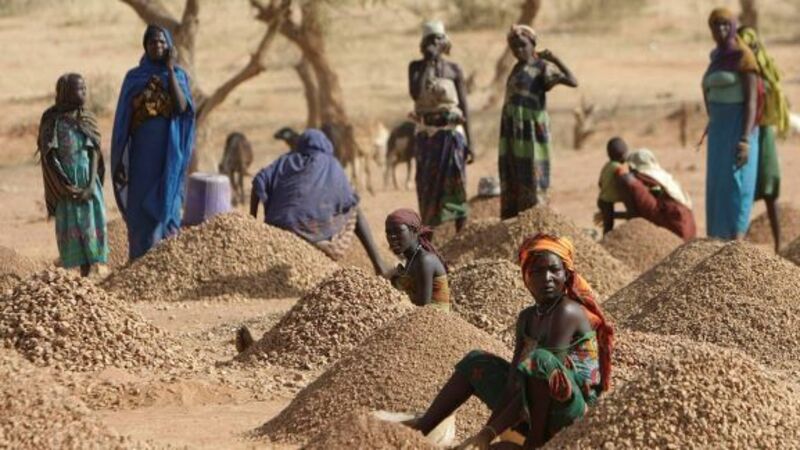Flying pharmacist on the ground

The extreme heat and prevalence of dust, insects, and rodents make achieving optimal storage for all the medication that this busy hospital needs less than easy.
Not surprisingly, rats absolutely love the sachets of peanut-based therapeutic food that we give to malnourished children. They even devour oral rehydration salts if they can get into them. I’m usually working at the pharmacy from 7am to 4pm and one of our vital tasks at the end of each day in is to carefully rat-proof all attractive items.
















